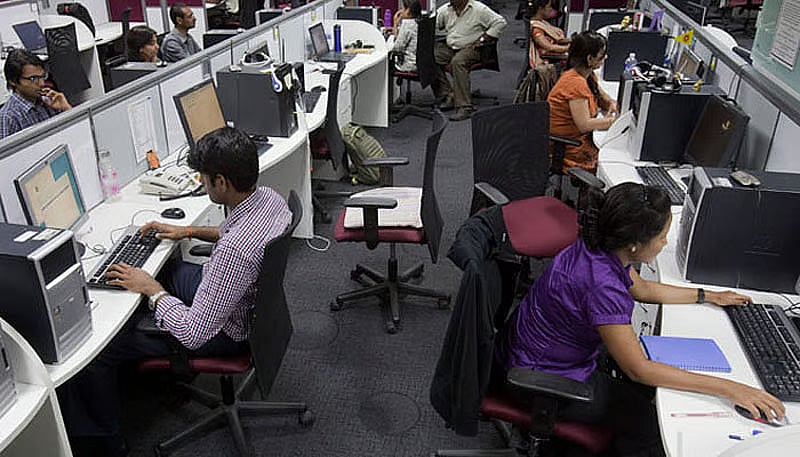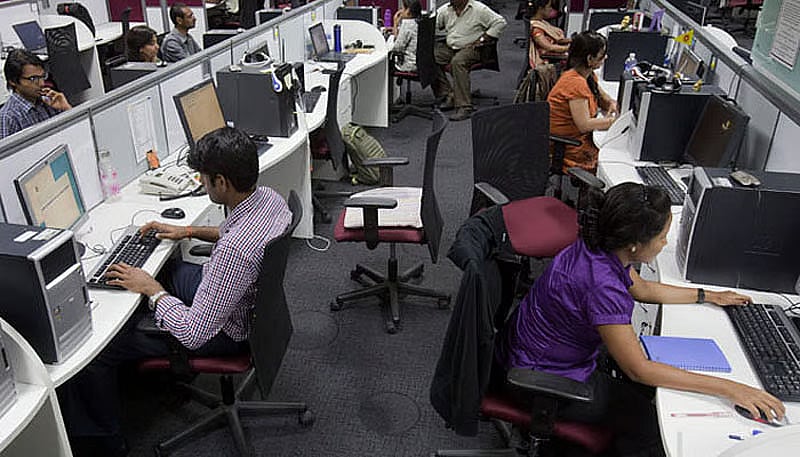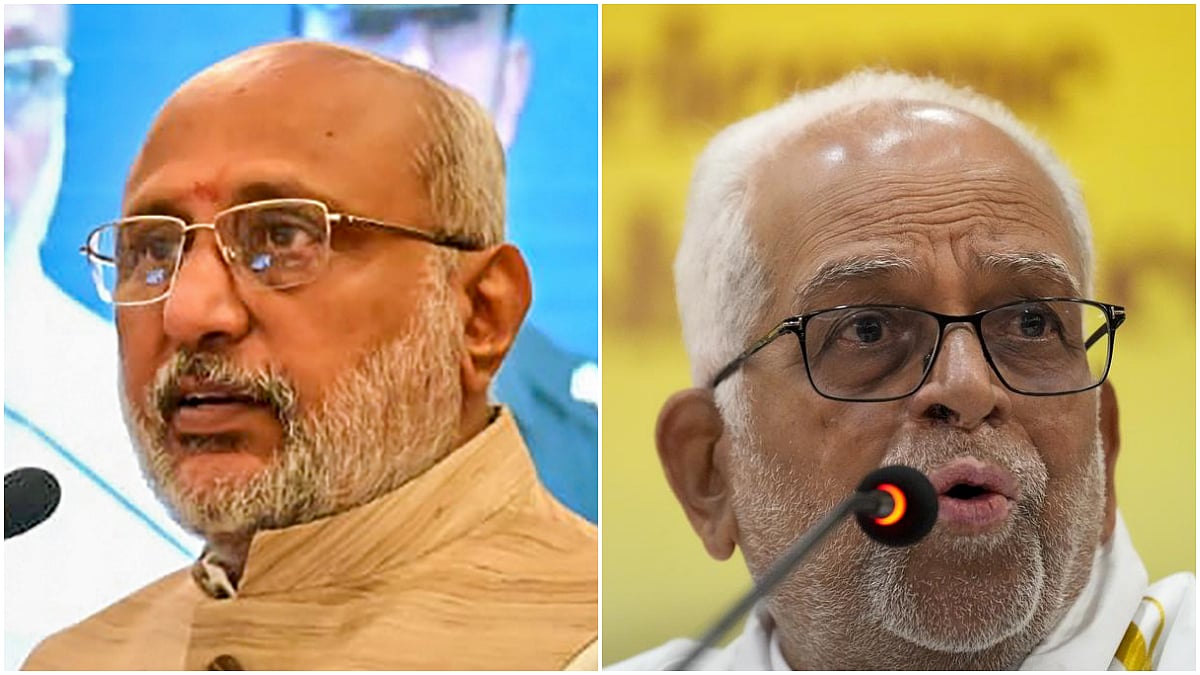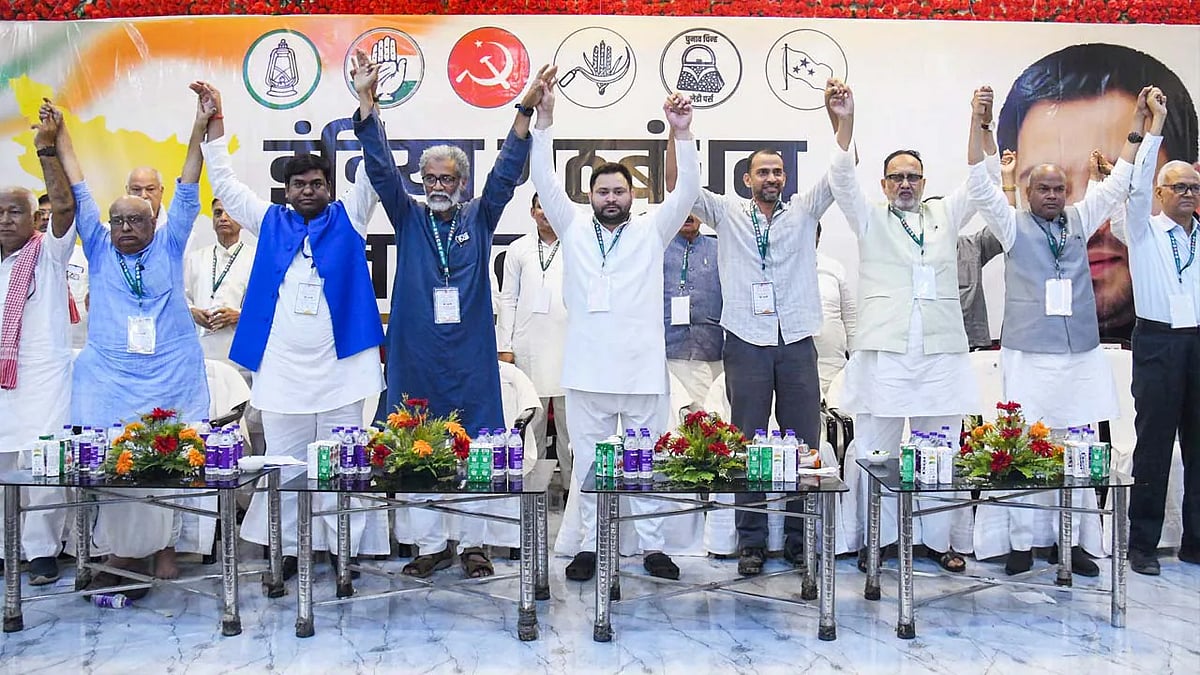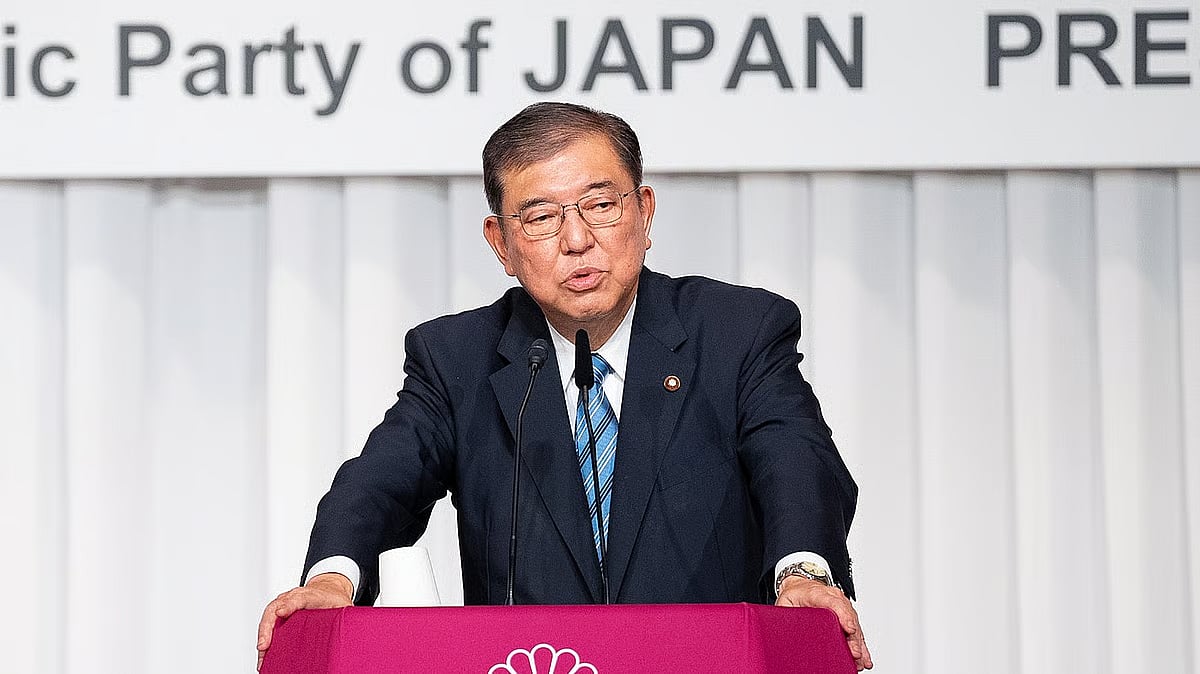The Maharashtra government’s recent proposal to extend private sector workday from nine to ten hours comes soon after an earlier notification allowing shops and establishments to operate 24×7 failed to take effect. We believe that increasing work hours without addressing India’s commuting crisis is a recipe for burnout rather than productivity.
A long commute drains workers before the day even begins. A 2024 survey of Indian office-goers found that employees now spend 59 minutes to travel 20 km one way to work; compared with 51 minutes pre pandemic. Workers spent 8 % of their time—almost two hours—just commuting.
Another study on commuting stress shows that the mental effort during a morning commute increases burnout and reduces productivity. Extending the workday when employees already lose two hours on the road will only worsen emotional exhaustion.

Pratik Vaidya |
Research from Stanford University underscores that longer workdays often deliver diminishing returns. Productivity drops sharply after eight hours, and overworked employees become prone to mistakes that negate any extra output. This is why many global economies stick to a 40-hour week, with daily shifts of eight hours plus a 30–60 minute break. In the United States and much of Western Europe, the standard work week is 9 am to 5 pm Monday to Friday. Even countries known for intensive work cultures, like South Korea, have capped weekly hours at 52 after reducing an earlier 68-hour limit. The EU’s Working Time Directive limits weekly working hours to 48 , and a the global ranking of OECD countries shows that advanced economies such as Spain, Portugal and Ireland record roughly 1,630 hours per worker per year, equivalent to about 204 eight-hour days —far lower than the over 2,200 hours logged in Mexico.
Mumbai’s infrastructure intensifies the problem. Congested roads, overcrowded trains and metro lines mean that commuting “takes ages and hours,” eroding any additional overtime pay. With hybrid work now common, employees should not be penalised with longer on-site hours while spending more time travelling.
We advocate the existing provisions of working hours under Maharashtra Shops & Establishment Act and Similar provisions in Maharashtra Factory Rules for a sensible cap of eight hours of productive work per day, with mandatory rest breaks after five hours. Extending shifts should be exceptional, subject to written consent and strict documentation. We urge policymakers to focus on digital compliance and hybrid-working provisions instead of simply increasing permissible hours. Improving public transport, encouraging staggered shifts and measuring productivity through outcomes—not hours—will serve both workers and the economy. Longer workdays might boost output temporarily, but evidence shows that healthier working hours and shorter commutes yield sustained productivity and happier, healthier employees.
(The author is managing director and chief vision officer, Karma Management Global Consulting)
